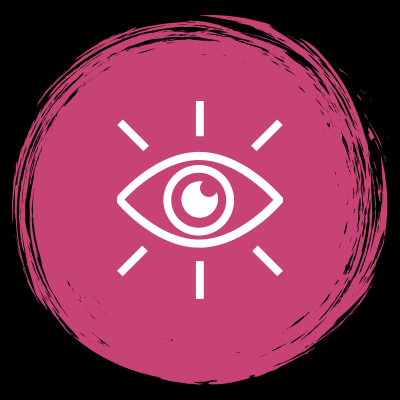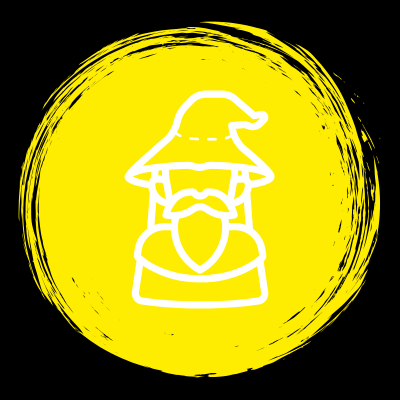“Can I become a normal drinker again?”
Short answer? Yes, it’s possible—there is a small number of people who return to a true take-it-or-leave-it relationship with alcohol after excessive drinking. Whether you’re one of the lucky few depends on a few key factors.
But before we get into that, let me say this first: You’re not alone in wondering.
Without fail, almost all my clients have asked me this question at some point. I get it — I remember asking that question myself.
Letting go of alcohol is like ending a relationship with someone you used to have fun with—but something just no longer works. You know the best thing you could do for yourself is to move on, but part of you still wonders: “Maybe we could be friends again.”
It’s normal to want to hold onto the good. And it’s human to bargain—these are part of the grief arc whenever we step away from something that once played an important role in our life.
The heartbeat of the question isn’t really about the answer itself. It’s about hope: “Maybe I don’t have to give this up… right?”
The 30 Reasons Why People Drink Checklist
Go from “What’s wrong with me?!” to “Oh, there’s NOTHING wrong!”
By signing up, you'll be added to Jeanette's (that's me!) newsletter list. Rest assured, you can unsubscribe at any time.
Do you have to give up alcohol for the rest of your life?
So, can you ever become a “normal” drinker again?
The answer: yes, I believe it’s possible for some people to return to a level of drinking that our culture considers “normal.” I’ve seen and heard stories of a small percentage of people who eventually reach a point where they can truly take it or leave it.
But in my experience, almost every excessive drinker who successfully cuts back starts with at least a 30-day break. It’s kind of like when two people who used to date want to be friends—it might be possible, but only after time apart to reset expectations and feelings. You need a real break to reset the dynamic.
The Struggle: Why Most People Can’t Go Back to Moderate Drinking
Because for most excessive drinkers, alcohol isn’t just a beverage—it’s a coping tool, a reward, a social crutch, a way to self-comfort, connect, or escape. Over time, drinking becomes a well-worn neural, emotional, and psychological pathway in the brain.
According to learning theory, once the brain connects a trigger (like stress) with a rewarding behavior (like drinking to feel relief), that wiring doesn’t just disappear. Even if the behavior goes dormant, the pattern stays.
It’s like Pavlov’s famous dog experiment. The dogs were trained to expect food when a bell rang. Eventually, the food stopped—but all it took was one reminder, and the salivation came right back. That’s called spontaneous recovery, when an old response suddenly reappears, even after a break. Our brains are built to hold onto old learning, just in case it’s needed again.
How Some People Manage to Return to Moderate Drinking
If what’s been learned can’t be fully unlearned, why do some “lucky drinkers” seem to return to normal drinking?
In my view, it comes down to a few key factors:
- Lower psychological reliance on alcohol to begin with
While most excessive drinkers use alcohol to meet deeper emotional or psychological needs, there’s a small group whose drinking has always been more social or habitual. They may have weaker associations between alcohol and emotional relief—so the pathway is easier to reroute.
- Deep inner work to restructure old patterns
The point of taking a break from alcohol isn’t just to remove alcohol—it’s to understand the patterns that drove the drinking in the first place. To heal the ache that alcohol once numbed. And to build new coping tools that actually work.
When those new tools are in place, the pull toward old behaviors gets weaker.
- A fulfilling life that makes alcohol lose its appeal
We all have a “reward bucket” that needs to be filled in order to feel grounded and well. When that bucket is empty, alcohol’s quick buzz or temporary relief can feel magnetic. But if our life is already rich with purpose, connection, and meaning, the lure of drinking naturally fades.

Are You One of the Few Who Can Drink Moderately Again? Here’s How to Tell
I wish there were a quick way to tell. But the truth is, the only real way to find out if you’re one of the few who can return to “normal drinking” is to take a pause long enough to create distance. Only when alcohol is no longer constantly in the picture can we create the space to reflect, rest, and rebuild.
In our Four Pillars Sobriety System™, this kind of reset lives in the third pillar: Action. The focus of this stage is to break the old pattern and replace alcohol with tools that empower you, rather than deplete you. Before moving into the action pillar, there are the pillars of value and belief.
Join The Sober Curiosity Insider
Get bite-sized sober curious insights straight to your inbox. Making taking a break from alcohol easier than ever.
By signing up, you'll be added to Jeanette's (that's me!) newsletter list. Rest assured, you can unsubscribe at any time.
TL;DR: Can you become a “normal” drinker again?
Short answer? Maybe—but only a small percentage of people truly do.
Here’s what you need to know:
🍷 Some people can return to moderate drinking, but it almost always has to start with a committed break and deep inner work.
🧠 If alcohol was your go-to for stress, escape, or connection, the pattern likely runs deep—and moderation may reopen the loop.
🔄 The few who do return to “normal” drinking tend to share three things: low emotional dependence on alcohol, real inner healing, and a fulfilling life that makes alcohol less appealing.
🌱 The only real way to find out? Take a temporary break, reset your system, and build new tools that meet your needs without alcohol.
You might end up discovering that you don’t want to drink the way you used to—not because you “can’t,” but because something better has taken its place.

Next Step?Understanding Your Path Forward
Not sure if you are ready for a full break yet?
That’s okay. For many people, a break can feel like a big leap. Real change doesn’t always start with action—it often starts with internal shifts.
The key to making progress that sticks is knowing where you are in your journey—and what is the right step for you.
You’re Too Smart to Still Be White-Knuckling It.
Take this quick 7-question AF Breakthrough Quiz below to find out exactly where you are in your alcohol-free (AF) journey—and what to focus on next to stop spinning your wheels and finally break the cycle for good.







